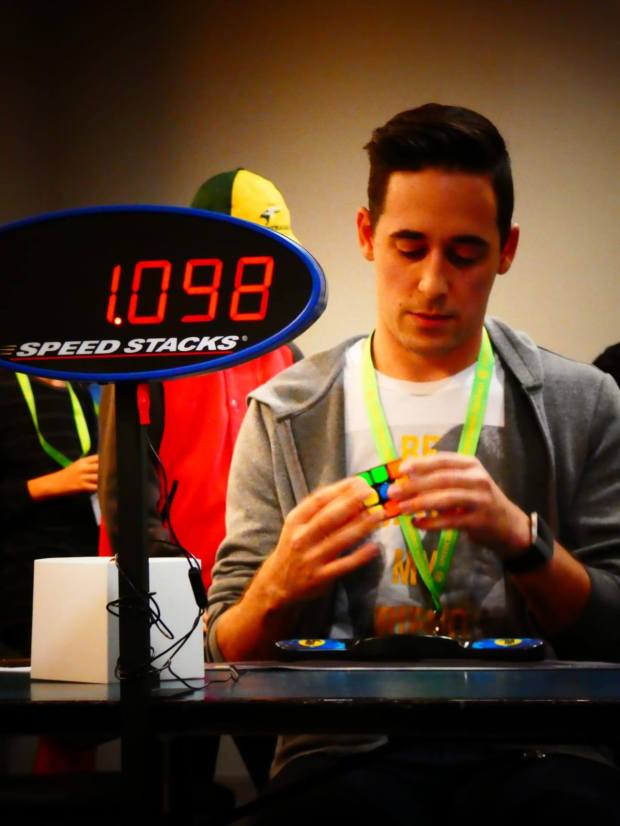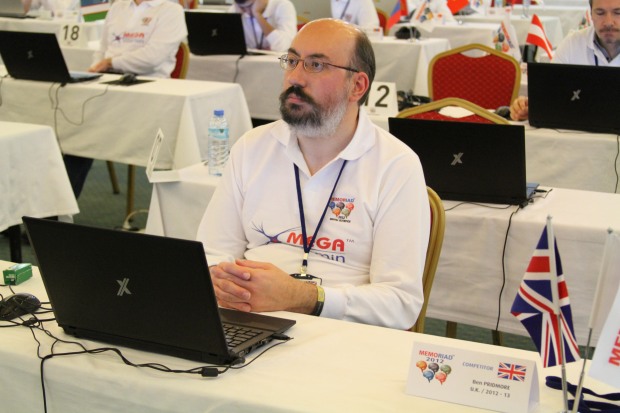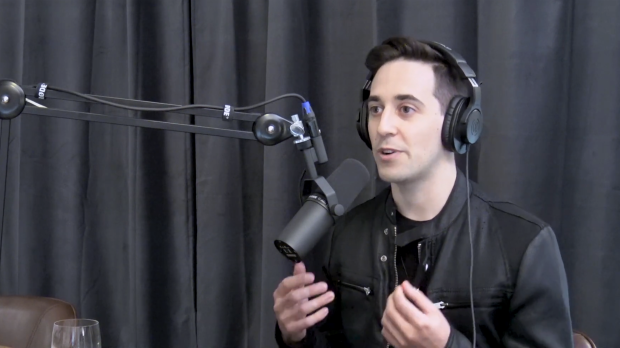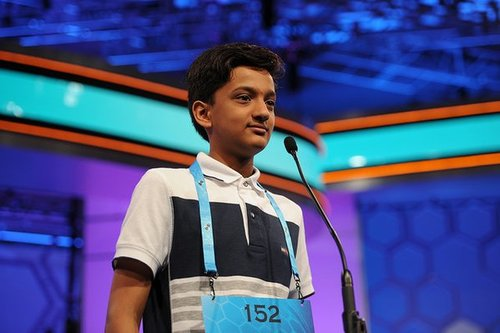This article was originally printed in Issue 442 of the Australian Mensa magazine, TableAus.

Tansel Ali is a four-time Australian Memory Champion, Managing Director of the Tansel Institute and organiser/licensee of TEDxDocklands
Daniel Kilov: This isn’t our first interview. Memorious readers may recall our 2015 interview wherein we covered how you memorised the Sydney Yellow Pages in only 24 days, your attempts to bring memory techniques into the classroom and the School Mind Games event, and your use of memory techniques as meditation. However, I didn’t ask you about how you initially discovered memory techniques, or why you wanted to compete. So, what’s the story there?
Tansel Ali: I discovered memory techniques through curiosity really. A friend of mine back at uni had told me he could memorise a list of forty random items and I didn’t believe him. I naturally had to test him and surely enough he memorised every word I gave him in random order perfectly. I thought he was playing a trick on me, however he advised me he used memory techniques and to read up on it.
So, I went and did my reading and discovered a whole new world of self-development that actually worked. I always thought I had a pretty bad memory until I learned these memory skills myself. I wanted to learn more as I was excited about the benefits of having a better memory gave me, like learning and reading faster, and I stumbled across the Australian Memory Championships one day Googling memory training. I asked my friend to join me to enter the competition since we knew a few techniques. To our surprise we both did really well, broke (more…)






